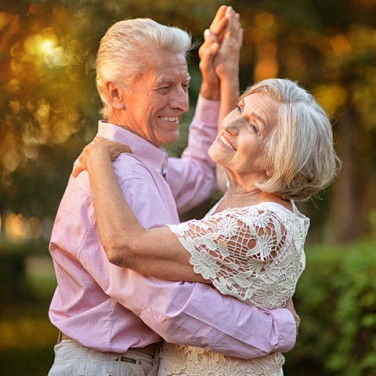Urinary incontinence is a common and often embarrassing condition that affects millions of people worldwide, but it's a topic that is rarely discussed openly. It's essential to be aware of the first signs of urinary incontinence, as early detection can lead to better management and improved quality of life. In this article, we will explore the initial indicators of urinary incontinence and provide some insights into what can be done to address this condition.

Frequent urges to urinate:
One of the earliest signs of urinary incontinence is experiencing a sudden, strong urge to urinate that is difficult to control. You may find yourself rushing to the bathroom more often than usual, and sometimes, this sense of urgency can lead to accidents.
Leaking small amounts of urine:
Another common sign is the unintentional leakage of small amounts of urine when laughing, sneezing, coughing, or even during physical activities like lifting something heavy. This type of incontinence is often referred to as stress incontinence and is more prevalent in women.
Difficulty emptying the bladder completely:
Ask questions regarding retirement homes to our experts
If you frequently feel like you cannot empty your bladder fully, it might be an early sign of urinary incontinence. This condition, known as overflow incontinence, can lead to a constant dribble of urine and a feeling of incomplete voiding.
Nocturia (frequent nighttime urination):
Waking up multiple times during the night to urinate, a condition known as nocturia, can be an initial indicator of urinary incontinence. It disrupts sleep patterns and can be a source of frustration.
Sudden onset of incontinence:
In some cases, urinary incontinence can occur suddenly without any warning signs. This type is known as urge incontinence and can be triggered by various factors, including infections or neurological conditions.
Changes in urine color and odor:
Changes in the color and odor of your urine may also indicate urinary incontinence. For example, cloudy or bloody urine may suggest an underlying issue that needs medical attention.
If you experience any of the signs mentioned above, it's important not to ignore them. The first step is to consult a healthcare professional who can provide a proper diagnosis and recommend the appropriate treatment or management strategies. Treatment options may include lifestyle changes, pelvic floor exercises, medication, or surgical procedures, depending on the type and severity of urinary incontinence.
In addition to seeking medical advice, you can take steps to manage urinary incontinence and improve your quality of life. These may include:
Urinary incontinence is a common condition that can affect people of all ages and genders. Recognizing the early signs of urinary incontinence is the first step toward effective management and treatment. By seeking help from healthcare professionals and implementing appropriate strategies, individuals with urinary incontinence can regain control over their lives and maintain their dignity and confidence. Remember, you are not alone in facing this condition, and there are effective ways to address it and improve your overall well-being.
Don't hesitate to contact us at 343 309 5289. We can help you choose the right establishment for you and assist you in your search.

Find a suitable senior residence